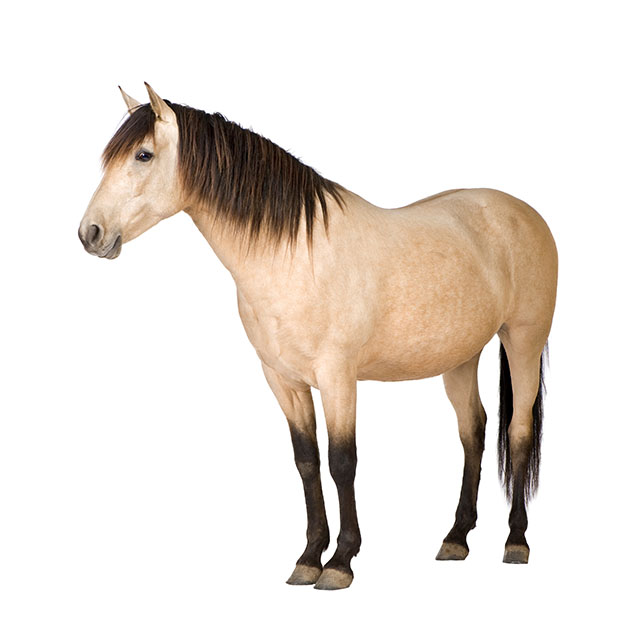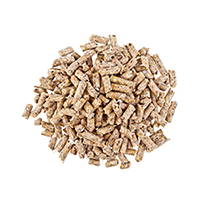Equine Management
Horses are great companions and can be utilized for a wide array of recreation, showing and work dependent upon the breed and training. Though their purpose may be different, there are some care and management necessities that are universal.
Horses need access to clean and fresh water and hay or pasture along with a quality nutritional ration to meet the needs that are not supplied in the forage source. Be sure to keep waterers clean scrubbing away any mold or algae and remove caking from feeders.
Be sure to reevaluate the horse’s nutritional needs seasonally and with increased or decreased workload. A body-condition score of six to eight is ideal in most cases, but if racing horses a score closer to five or five and a half may better fit the situation.
Horses and other animals are susceptible to laminitis, a form of foundering, so keep feed locked away and do not give free choice access. Check hooves monthly and determine what is right for your horses. You may need to have a farrier trim or show your horses.
Another feed related item to be aware of with horses is that they should not be fed rumensin, a feed additive used for cattle to increase rate of gain. Horses like cattle have a fermentation section in their digestive tract, but in horses it is found after the stomach unlike cattle where it is the first segment of their digestive system.
Always provide quality bedding and shelter and blanket horses in extreme weather. Horses should be checked daily for signs of stress or injury and a first-aid kit readily available including dressing for wounds. Be sure to check fencing and shelter for loose boards and wires.
Make sure your worming schedule is up to date, provide adequate immunizations, check if your horse’s teeth need floated, and perform a yearly Coggins test. Prior to summer start fly control to keep the nuisances and disease spreaders to a minimum.


